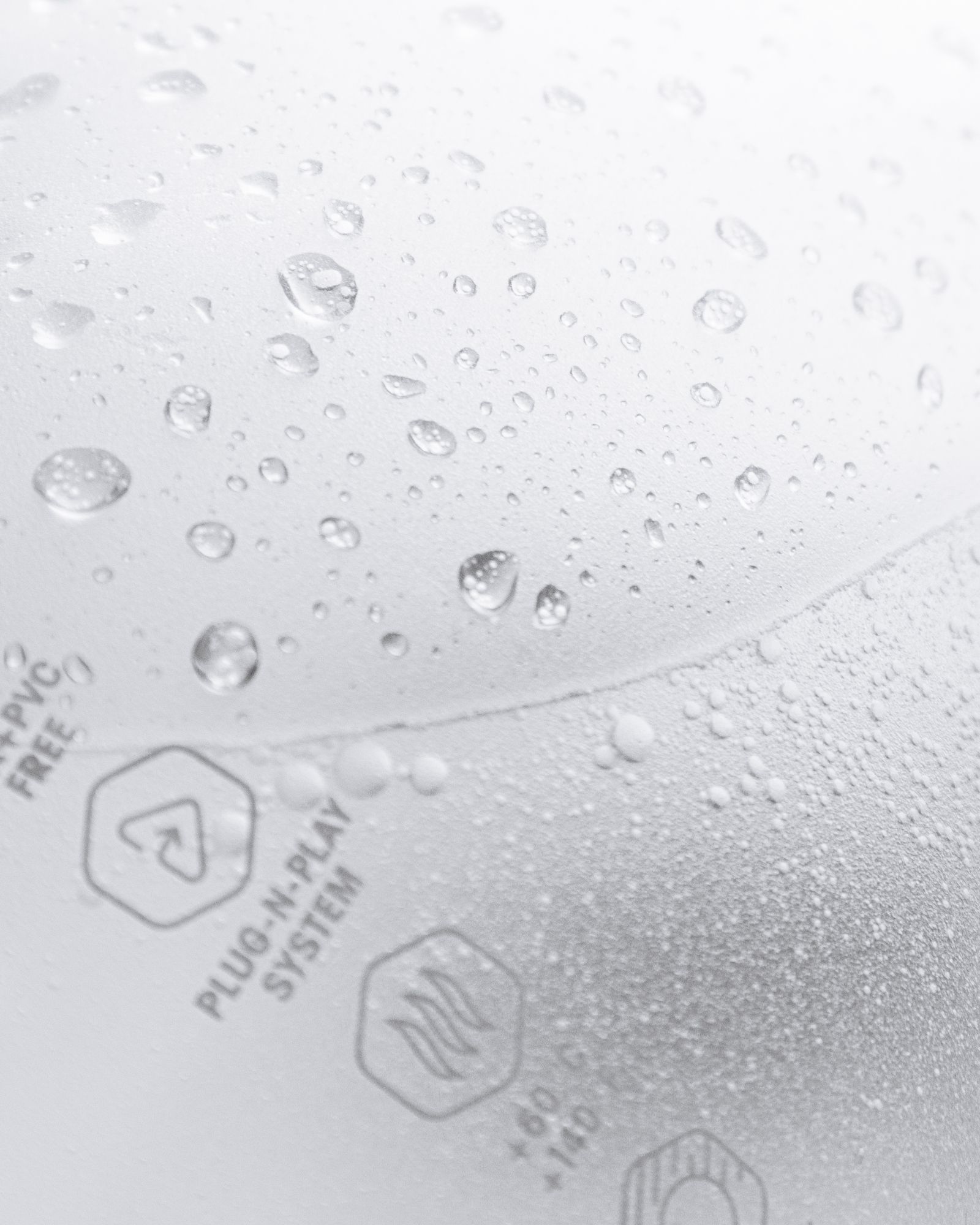Levelling the playing field – Team Amani


In 2021 the world saw the dawn of a new era in African off-road bike racing with the Migration Gravel race. An international field, consisting of some of the world’s finest professional gravel racers and the biggest cycling talents from East Africa, took on spectacular routes through the Masai Mara, over an arduous multi-day course.
It’s a landscape that would have never dreamed of being the backdrop for a competitive bike race, but it started more than a race. It starting to level the playing field.




The fact that it may seem new, or beyond the conventional way of racing, points to an issue that underscores the whole purpose of the Migration Gravel race; to bring the best the world has to Africa as the racing is second to none, rather than compelling the best of Africa to race everywhere but home.
The Migration Gravel race is spectacular. It weaves through some of the most incredible landscapes on the planet, with some of the world’s most important fauna just meters away, watching on, supplying an unsuspecting crowd.
That alone is impressive, but the race impresses in many ways.








The race highlights the unbalanced approach to bike racing around the globe. It shines a glaring light on the limited opportunities talented African riders have to compete against the best in the world.
Whether it’s down to funding, clubs, racing pathways, visa requirements, transport, or simply time, it is often much more complicated for African riders just to get to the start line in continents beyond their own.
And it’s with this in mind that every cycling fan must ask the question ‘How can the sport we love be truly level if many of the best riders are not in the race?’ Or ‘How can we claim it is a global competition if not all countries and riders are able to take part?’


Rather than sit back and wait for equality to catch up, a team of East African riders teamed up under the umbrella of Team Amani have begun creating their own international races.
The first Migration Gravel, in 2021, race was a resounding success that not only challenged the best riders but ushered in a new idea of racing in Africa.
The riders of Team Amani will be the first to say that they do not want sympathy or charity; what they want is opportunity.
The opportunity to race,
The opportunity to race against the best,
The opportunity to race on the same terms,
The opportunity to compete on a level playing field.






It is an idea that is firmly planted in 2022 as the Migration Gravel race, accompanied by the new Evolution Gravel race, have been every bit as gruelling and spectacular.
Who wins these multi-day races is decided by nothing but the skills, strength and determination and they rightly receive the plaudits they deserve.






But what matters most is not the winning; it is that the races supply the platform for a truly global competition, where all the world’s elite are pitted against each other.
It is then, and only then, that we will have a truly global sport where the best riders from all over the world can challenge each other.
Team Amani.
Levelling the playing field.
One race at a time.






Photos by: Finley Newmark & Saltlake Lian
Related articles

Lachlan Morton wins the 2024 unbound gravel
Our Aussie gravel star makes it fourth time lucky in Emporia UNBOUND Gravel was the race that started it all for Lachlan Morton back in 2019 when it was still part of his “alternative calendar.” It was the race that saw him shift focus from road to gravel and new pursuits, and it’s been the race that’s eluded him as well. No more.

Hydration fundamentals with Maurten's Joshua Rowe
In the second instalment on race fueling and hydration we explore the role and importance of hydration and how it will affect your gravel race.

Considered Performance
In developing the Elicit Ti, we sought to find a way to deliver all the benefits needed to stay at the cutting edge of performance cycling while being considerate of the resources we use.

Complement each other
Our lives are full of examples where a single thing can be complemented, making it even better. The simple equation where one plus one equals two no longer applies: instead it makes three.